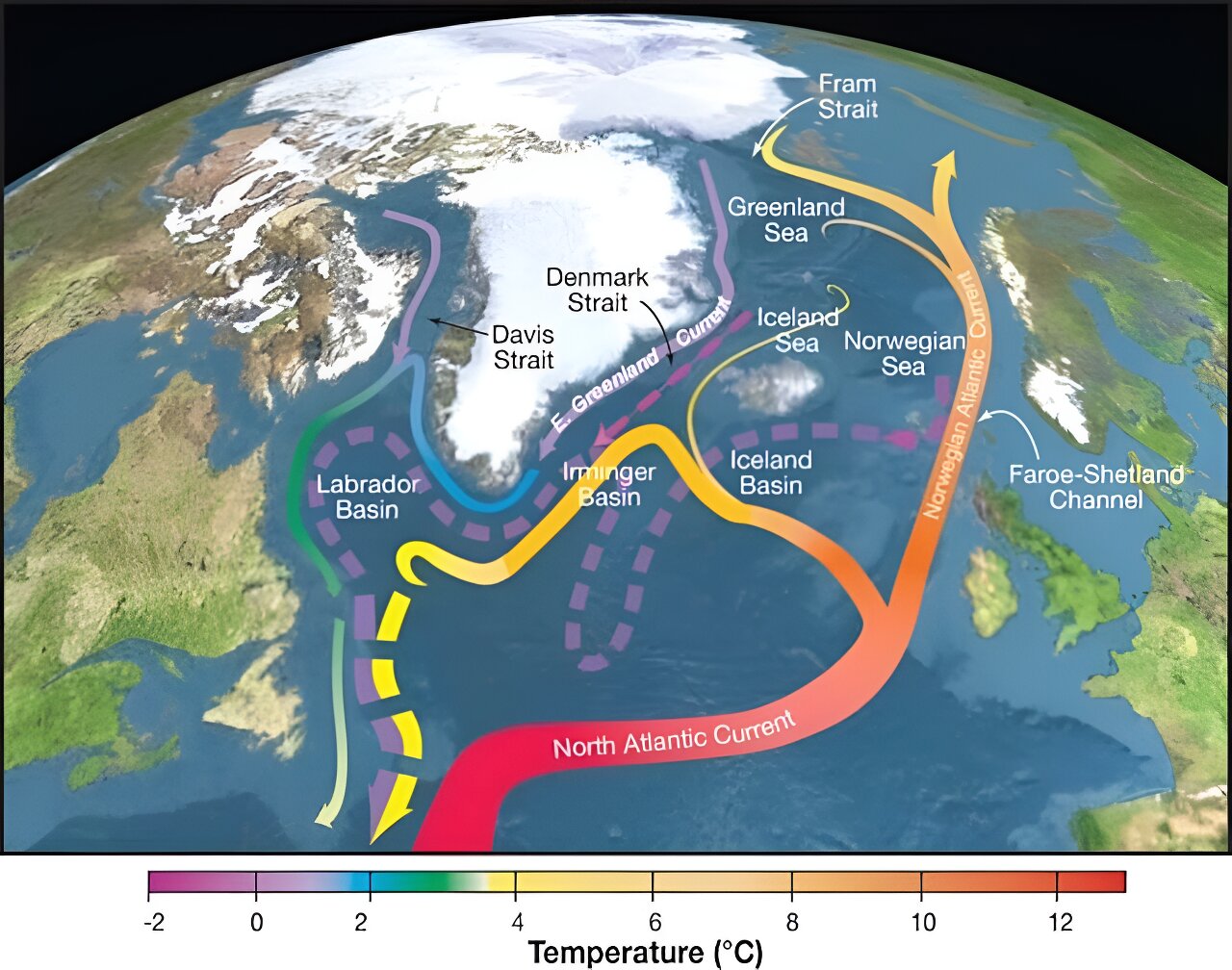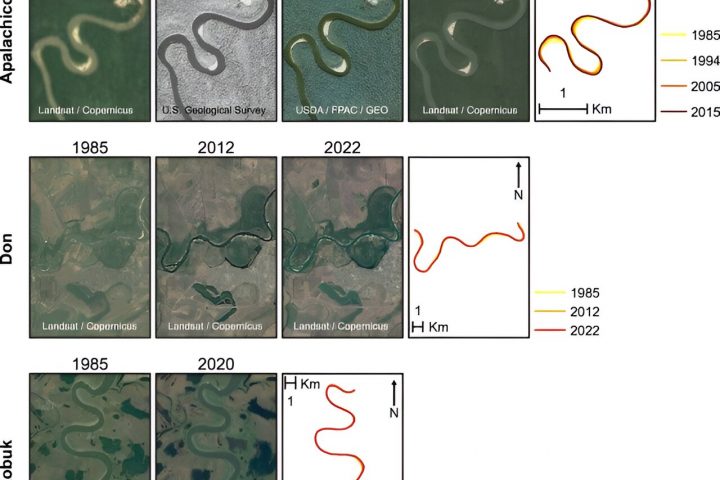Prepare to be stunned by the latest developments in climate science! Recent headlines proclaim that the “Gulf Stream could collapse as early as 2025, study suggests.” These jaw-dropping findings, published in Nature Communications, have caught the attention of media outlets worldwide.
Get ready for the alarming headlines: “Be very worried: Gulf Stream collapse could spark global chaos by 2025,” warns the New York Post. CNN in the U.S. and CTV News in Canada echo the sentiment, stating that a collapse of this crucial ocean current system “would affect every person on the planet.” As temperature records continue to shatter across the globe, the impact of this news on those already stricken with climate anxiety is unimaginable.
However, it’s important to recognize that these sensational headlines do more harm than good. Instead of raising public awareness and influencing climate solutions, they contribute to the growing climate anxiety epidemic. We need a better approach to communicating climate science.
We Shape the World We Describe
Media messaging plays a significant role in fueling climate anxiety. The constant bombardment of alarmist narratives leads many to believe that we are all doomed and there is nothing we can do about it. This sensationalism has become a dominant factor in our collective mindset, known as the Anthropocene.
Interestingly, this is not the first time we’ve encountered such alarming headlines. In 1998, the Atlantic Monthly warned of global warming leading to a drastic cooling catastrophe that could threaten civilization. In 2002, the New York Times and Discover magazine predicted a collapse of deep water formation in the North Atlantic, potentially triggering the next ice age. These unfounded assertions were further sensationalized by BBC Horizon and Fortune magazine.
Hollywood even capitalized on the opportunity, creating the movie The Day After Tomorrow, which creatively violated every known law of thermodynamics.
The Currents Are Not Collapsing (Anytime Soon)
While sensational headlines may suggest otherwise, the collapse of the Atlantic meridional overturning circulation by 2025 is an outrageous claim. The Intergovernmental Panel on Climate Change has been assessing the likelihood of such a collapse for decades, and their reports consistently conclude that it is very unlikely to occur abruptly.
The 6th Assessment Report, published in 2021, states that there is no observational evidence of a trend in the Atlantic Meridional Overturning Circulation (AMOC). These reports, along with other scientific assessments, provide a more accurate understanding of the situation.
Embracing Climate Optimism
Hannah Ritchie, a renowned researcher, offers a compelling framework for how we perceive the world and our ability to drive change. She argues that we need more people in the “optimistic and changeable” category to advance climate solutions. Pessimistic behavior, such as fear mongering or civil disobedience, only pushes the public towards a sense of hopelessness.
A Responsible Approach to Communication
Unfortunately, low probability tipping point scenarios often get misinterpreted as likely and imminent climate events. Lay readers may struggle to grasp the nuances of scientific uncertainty, especially when sensationalized by clickbait headlines. As climate scientists, we have a responsibility to avoid sensationalism and provide accurate information.
Through independent research and the writing of IPCC reports, the climate science community has the privilege of shaping the public discourse on climate change. With this privilege comes the responsibility to offer solutions and reduce risks, rather than escalating rhetoric without substance.







